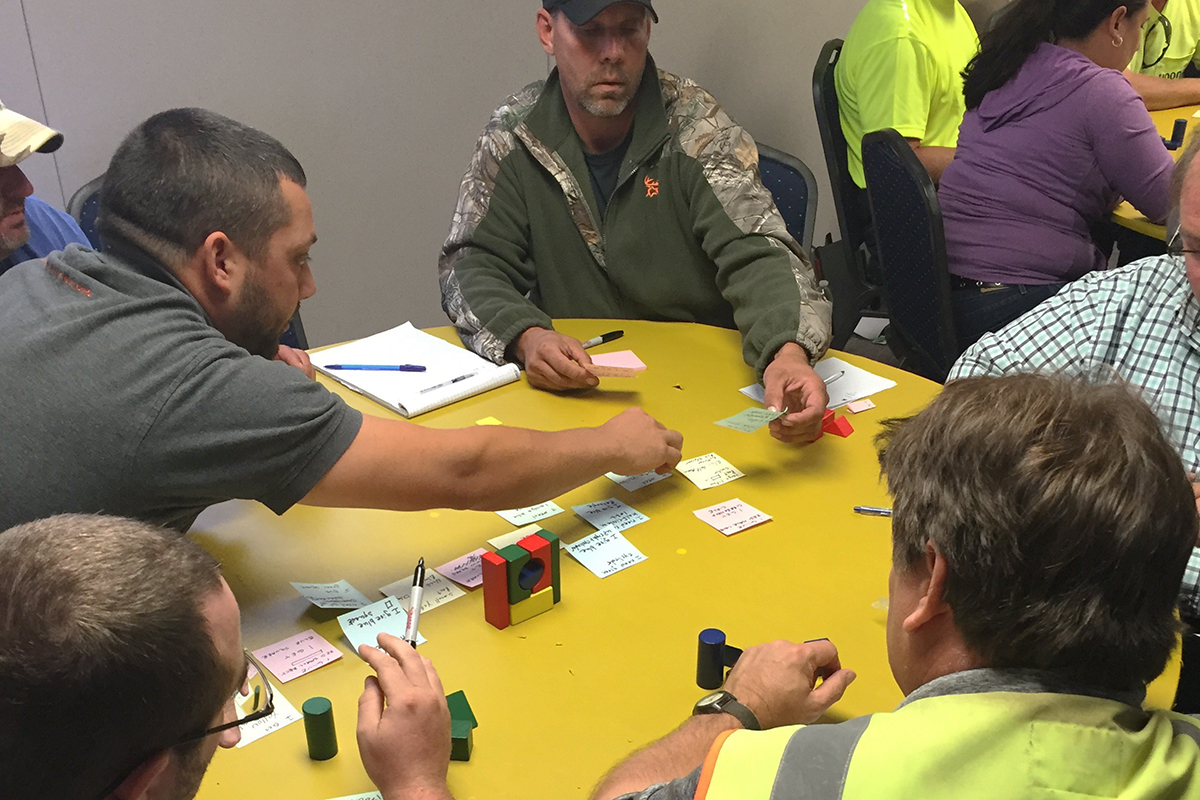Google Spent Two Years Studying Teams. What Their Findings Mean for Construction Teams
Regardless of the industry, collaboration and teamwork play a crucial role in determining the overall success and productivity of a project or task.
But what actually defines the success of a team?
In 2012, Google commissioned a research team to assess the reasons why some teams are effective while others are not. Nicknamed “Project Aristotle,” this two-year research project was tasked with the goal of creating stronger and more effective teams.
Researchers started by reviewing existing academic studies on teams. In their review of the existing literature, they discovered that everyone, it seemed, had different answers. Perhaps the most surprising outcome of the study was that much of the conventional wisdom on team building was erroneous.
The study also analyzed work habits, educational background, personality, hobbies and gender influence. By the end of the study, the researchers determined that none of these individual traits were a significant factor contributing to the health and productivity of the team.
They also discovered that some of the most effective team had strong managers while others functioned efficiently with much less hierarchy. Some teams included friends outside of work, although other teams had members who barely knew each other.
So what did the study learn? Despite the inconsistencies in previous research, Google identified these five elements of a productive team.
- Dependability
A strong team is comprised of individual members that can rely on each other to meet deadlines, exceed expectations and maintain trust.
- Meaning
Team members must have a stake in the work that they are doing. If team members see their participation as significant, they are more apt to fully engage with the group. Team leads and managers can foster a sense of meaning within individual members.
- Structure and clarity
Successful teams have a purpose and a goal. Everyone understands what needs to be done, why it needs to be done and who is going to do it. In addition to having clear objectives, a strong team has predetermined roles within the group to avoid miscommunication or unequal distribution of work.
- Impact
The team must have the ability to relate their project to wider organizational goals. A team is more likely to be effective if they have goals that transcend the completion of a project.
- Psychological safety
A strong team values open communication and honesty. Sometimes, ideas are quashed in a team setting before they are verbalized. Setting communication guidelines ensures that no team member feels intimidated to share their perspective.
Each of these five elements addresses the team as a whole instead of team members as individuals. The successful team is one that creates and sustains a particular type of group culture.
What this means for construction teams
Construction teams can benefit from the principles highlighted by this research to ensure productive and efficient collaboration.
- Have open communication channels from the beginning of a project to post-completion
- Set clear expectations for the timeline and individual roles
- Allow input from every member of the workforce
- Clearly define how each employee’s work will contribute to the project as a whole
- Hold team members and managers accountable for deadlines and expectations
The incorporation of these ideas into future projects will likely increase the productivity of the team and the satisfaction of team members and clients on the jobsite.



